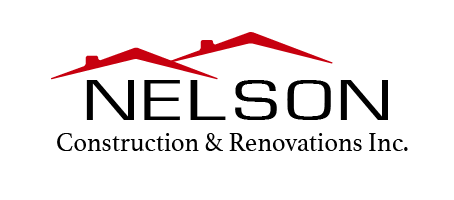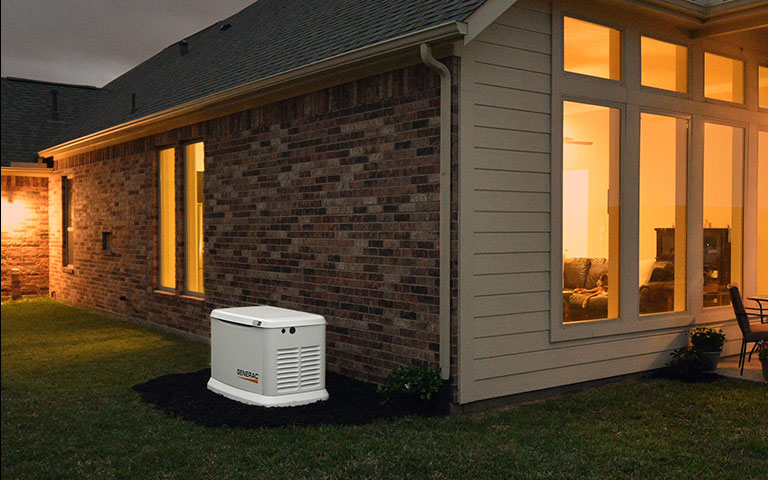Most of us in the Tampa Bay area were fortunate to make it through Hurricane Irma with minimal damage. Even with a Category 2 hurricane, however, there was much to overcome in the aftermath – power outages for days and even weeks, heavy debris to clean up, and major roof damage. Although we at Nelson Construction and Renovations were fully prepared for the worst, we still learned some important points to remember for future weather situations, particularly regarding what to do after a hurricane. Here are three things we learned from Hurricane Irma:
- 1. Check your A/C drainage lines after your power has been off for a while. Whether your HVAC system is old or new, your condensation lines can build up residue – especially in the part of the line that empties outside. This can create trouble when the power has been off for a long time. Animals such as lizards and rodents can burrow their way into the line. Residue such as algae and mold can gunk up and harden, causing obstruction. This can cause water back-up when power is back up and running, and can even result in leaks inside the home.
Once power is returned to your home, simply use a shop-vac to clean out the condensation line that runs from the house, and this will clear the line so that condensation can run freely again. You might want to have a technician do a quick service call, as well, if you are concerned about A/C condensation leaking in your home.
- 2. Invest in a whole-home generator. Never again will you have to spend days paying costly hotel bills, or sweating at home, in the dark. Whole-home generators can be installed with a circuit switch, so that in the case of a power outage, it will immediately click on and you will have continual power, as long as you have fuel. We are now offering whole-home generators to our clients and can include them in any remodel or custom home. Our generators use TruePower Technology, which delivers the highest-quality power for clean, smooth operation of sensitive electronics and appliances. They require less routine maintenance than other engines, are quieter and more efficient than other brands, are made of corrosion-resistant aluminum, and can be monitored remotely. They also have a five-year warranty.
- 3. If you don’t have hurricane-rated windows, make sure you have hurricane hardware and shutters or plywood cut to size. If your home was built or remodeled by a State-Licensed Contractor, this is a no-brainer; however, we saw too many Pinellas County residents struggle to prepare for Hurricane Irma because their windows were either outdated, or they had unlicensed work done on their home and their windows were not up to code. And when the city ran out of plywood, they became desperate, using virtually anything to board up their windows. If you do not have hurricane-rated windows on your home, building code states that you must have hurricane hardware and shutters for every window on your home. And while many homeowners like to remove the hardware because it is not very aesthetic, hopefully we have all learned the purpose of building code and will do what it takes to make sure your home is prepared for hurricane weather.
Hopefully we will never again have to experience something like Hurricane Irma, but it is wake-up calls like this that enable us to get prepared so we are not blindsided in the future. It is our sincerest wish that you, your family and your home remain safe no matter what the weather conditions.
Nelson Construction and Renovations, a family business founded in 2006, is a design-build company that specializes in high-end remodels, home additions, and custom homes. With our headquarters in Clearwater, Florida, we serve homeowners all over Pinellas and Hillsborough Counties. We are an award-winning member of the National Association of the Remodeling Industry and have an A+ rating with the Better Business Bureau.
Creative Commons Attribution: Permission is granted to re-post this article in its entirety with credit to Nelson Construction and a clickable link back to this page.

